
Big 5 & war support: personality traits of Russian clusters
Executive Summary
{{margin-small}}
Our previous research suggests that social-psychological variables, including but not limited to social trust, national identity, authoritarianism, and collective narcissism, have a stronger influence on support for a political regime and war than personality traits. Nevertheless, personality traits tend to remain stable and enduring over time, which means their impact, albeit indirect and more modest, can be markedly more durable.
This Report examines the relationship between the Big 5 personality traits and support for the Russian government and its war efforts among various segments of Russian society.
Key takeaways:
- A moderate correlation exists between personality traits and support for the Russian government and its war efforts. Neuroticism is inversely linked to war support. Extraversion, Сonscientiousness, and Agreeableness relate to the support of the war and V. Putin’s regime.
- Extraverts are attracted to dominant leaders and tend to identify with a political group or ideology to gain social approval. In Russia, where the dominant ideology is aggressive and authoritarian, individuals with high extroversion are more likely to support it.
- High levels of Agreeableness are linked with support for war and V. Putin in the Russian context. Individuals high in Agreeableness prioritize positive relationships and avoiding confrontations, making them more willing to accept the ideology promoted by the regime.
- Conscientious individuals prioritize societal structure and stability and see the regime as necessary for maintaining it. They follow laws and regulations set by the regime and may be less likely to challenge its authority.
{{margin-big}}
Methodology
{{margin-small}}
Sample
{{margin-small}}
Respondents were recruited online.
The sample was stratified by sex and age (equal age and sex groups 18-30, 31-44, 45-60 years). The data was cleaned, and the analysis excluded people who did not answer all the questions. The final sample consisted of 868 respondents, 445 men and 423 women. The mean age of the respondents is 37.67; the standard deviation is 11.4.
{{margin-small}}
Study Design
Respondents answered a set of socio-demographic questions, questions about their attitudes towards the ongoing war against Ukraine (“SMO”), the government in Russia, and a series of psychological tests: psychological questionnaires on collective (national) narcissism, self-identification with Russians and the Big Five personality test questions in a Russian adaptation.
The Big Five Personality Model is a widely accepted framework that describes human personality in five broad dimensions: Extraversion, Agreeableness, Conscientiousness, Neuroticism, and Openness to experience. It provides a useful framework for understanding the fundamental aspects of human personality and their correlation to behavior and decision-making.
Openness to experience. This trait reflects a person's level of curiosity, imagination, and appreciation for art, culture, and new ideas. Individuals who score high on Openness tend to be open-minded, creative, and enjoy exploring new possibilities.
Conscientiousness. This trait reflects a person's level of responsibility, dependability, and adherence to rules and goals. Individuals who score high on Conscientiousness tend to be organized, reliable, and goal-oriented.
Extraversion. This trait reflects a person's level of outgoingness, assertiveness, and sociability. Individuals who score high on Extraversion tend to be talkative, confident, and seek social stimulation.
Agreeableness. This trait reflects a person's level of compassion, empathy, and willingness to cooperate with others. Individuals who score high on Agreeableness tend to be kind and trusting and prioritize social harmony.
Neuroticism. This trait reflects a person's level of emotional instability, anxiety, and negative emotions. Individuals who score high on neuroticism tend to be prone to worry, self-doubt, and anxiety.
The analysis was performed on the previously identified clusters of Russian society. To determine which cluster of Russian society, based on their war attitudes, respondents belong to, they read three generalized descriptions of different clusters. They then chose the one that suited them best.
Cluster 1. Hawks (15%). Firmly believe that Russia is moving in the right direction, support the war against Ukraine, strongly identify themselves with Russia and Russians, believe in themselves and their group, have low stress levels, and are psychologically well.
Cluster 2. Loyalists (39.7%). Hold the same beliefs as the Hawks but express them much less vividly than the latter. They have an average level of stress and a high level of authoritarian obedience.
Cluster 3. Poor liberals (16%). In their opinion, Russia is moving in a catastrophic direction. They oppose the war and do not identify themselves with Russia and the Russians. They do not believe in their own strength and the strength of their group to change the course of events. They have the highest stress level among all clusters, and the indicators of psychological, emotional, and even social well-being are the lowest.
Cluster 4. Uncertain (13.2%). Have average rates of support for the war and are not sure if Russia is moving in the right direction, but their level of psychological suffering is the same as that of Poor Liberals.
Cluster 5. Moderate Liberals (16%). Oppose the war against Ukraine, but not as clearly and pronounced as the Poor Liberals. They’re also more prosperous and older than the latter.
Pearson correlation analysis and ANOVA were used to calculate the data.
{{margin-big}}
Key Findings
{{margin-small}}
Personality traits and support for war and the political regime in Russia
{{margin-small}}
Broadly speaking, beliefs and values are more potent socio-psychological factors in bolstering support for a political regime and war compared to personality traits. In particular, identification with Russians and collective (national) narcissism are associated with approval of military actions against Ukraine and Putin's political regime (in both cases r = 0.66, p < 0.001) significantly more than personality traits (in different cases 0.13-0.22, p < 0.001).
However, personality traits have a tendency to persist and endure over time, resulting in a more lasting impact despite their relatively modest influence.
-13.avif)
A moderate correlation exists between personality traits and backing for the Russian government and its war efforts. Surprisingly, Openness turns out to be irrelevant to explaining the support or lack of support for the war and the ruling regime in Russia.
On the other hand, Neuroticism displays an inverse link to war support, signifying that individuals with a higher susceptibility to psychological distress show lower enthusiasm for the war and the ruling regime. Individuals who possess high levels of Extraversion, i.e., those who prioritize socializing with a large number of people and external stimulation as such, tend to lean towards supporting the war and the governing regime.
People who score high in Conscientiousness tend to be disciplined, dutiful, and responsible individuals who value order and tradition. It leads many of them to support the ruling power and military intervention in Ukraine. If they perceive that the intervention is necessary to protect their country's interests or to maintain stability and order, they may feel a sense of duty to support such an effort.
Based on existing research, support for authorities can be predicted by Agreeableness in the Russian context, as it correlates with the ability to foster positive relationships, a preference for avoiding confrontations, and adherence to social norms.
In Western nations, Agreeableness is linked to political progressivism, aversion to bigotry, and universalist political views. If a study was conducted in a country where liberal beliefs are normative and pervasive, it is reasonable to expect that Agreeableness would predict a lack of support for the country's engagement in a military conflict.
Conversely, in Russia, prioritizing relationships with others entails aligning with Kremlin propaganda's anti-liberal messaging rather than liberal stances.
{{margin-small}}
Profiles of the Big Five personality traits by segments of Russian society
{{margin-small}}
The application of ANOVA to compare the Big Five personality traits across different clusters of Russian society revealed that extraversion and conscientiousness displayed a medium effect size (η2 > 0.06), indicating moderate differences among the groups. Meanwhile, neuroticism had a high effect size (η2 > 0.13), indicating a significant variation across the clusters.
-14.avif)
Individuals who support the Russian war and Putin's ruling regime tend to exhibit higher levels of conformity, organization, and reliability compared to those who oppose them. Pro-war individuals also demonstrate a greater need for social interaction and actively seek out social contacts.
The most notable differences between the two groups lie in their levels of emotional stability and psychological distress, with pro-war supporters exhibiting better coping mechanisms for emotional difficulties compared to those critical of the war and Putin's presidency.
The Cohen d analysis of pairwise comparisons between clusters indicates that there are no significant differences in any of the Big Five personality traits between Hawks and Loyalists.
However, the observed differences in personality traits were found between the sample divided into Hawks and Loyalists (pro-war group) versus Poor Liberals, Uncertain and Moderate Liberals (anti-war leaning group). Pro-war individuals tend to be less neurotic, meaning they experience less stress, anxiety, and depression.
They place a higher value on order, permanence, and responsibility, which leads to their support for the current political regime and resistance to social changes that come with political crises. Additionally, supporters of war tend to seek out social stimulation and companionship more often, while those who oppose war tend to display introverted traits.
{{margin-big}}
Conclusion
{{margin-small}}
Social-psychological variables have a greater influence on support for a political regime and war than personality traits, but the impact of personality traits can be enduring and indirect.
The correlation between personality traits and support for the Russian government and its war efforts is moderate. Support for Russia's current war and political regime is not related to Openness.
Neuroticism is inversely linked to war support, while Extraversion, Conscientiousness, and Agreeableness are related to support for the war and Putin's regime. Individuals high in Extraversion are more likely to support the aggressive and authoritarian ideology promoted by the regime, as it aligns with their need for social approval and belonging.
Agreeableness is linked to support for the status quo and social harmony, leading those high in Agreeableness to prioritize positive relationships and avoiding confrontations over challenging authority or questioning social norms.
Finally, those high in Conscientiousness view the regime as necessary for maintaining societal structure and stability and view it as their duty to follow its laws and regulations, even if they disagree with some of its policies or practices.

.svg)





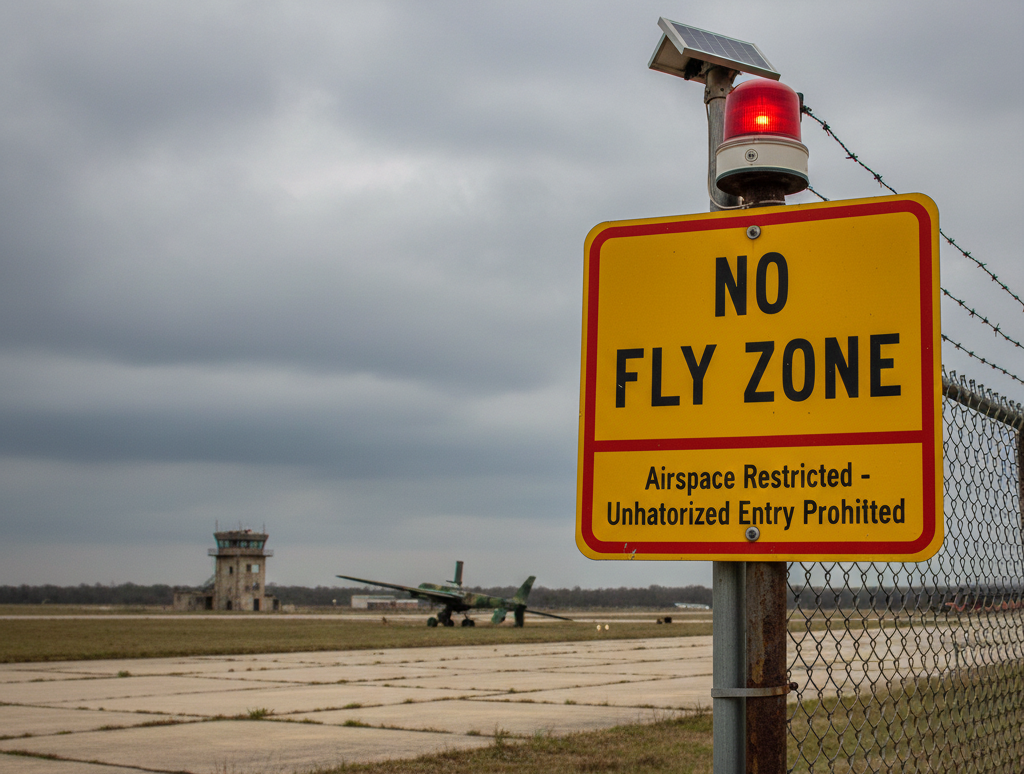
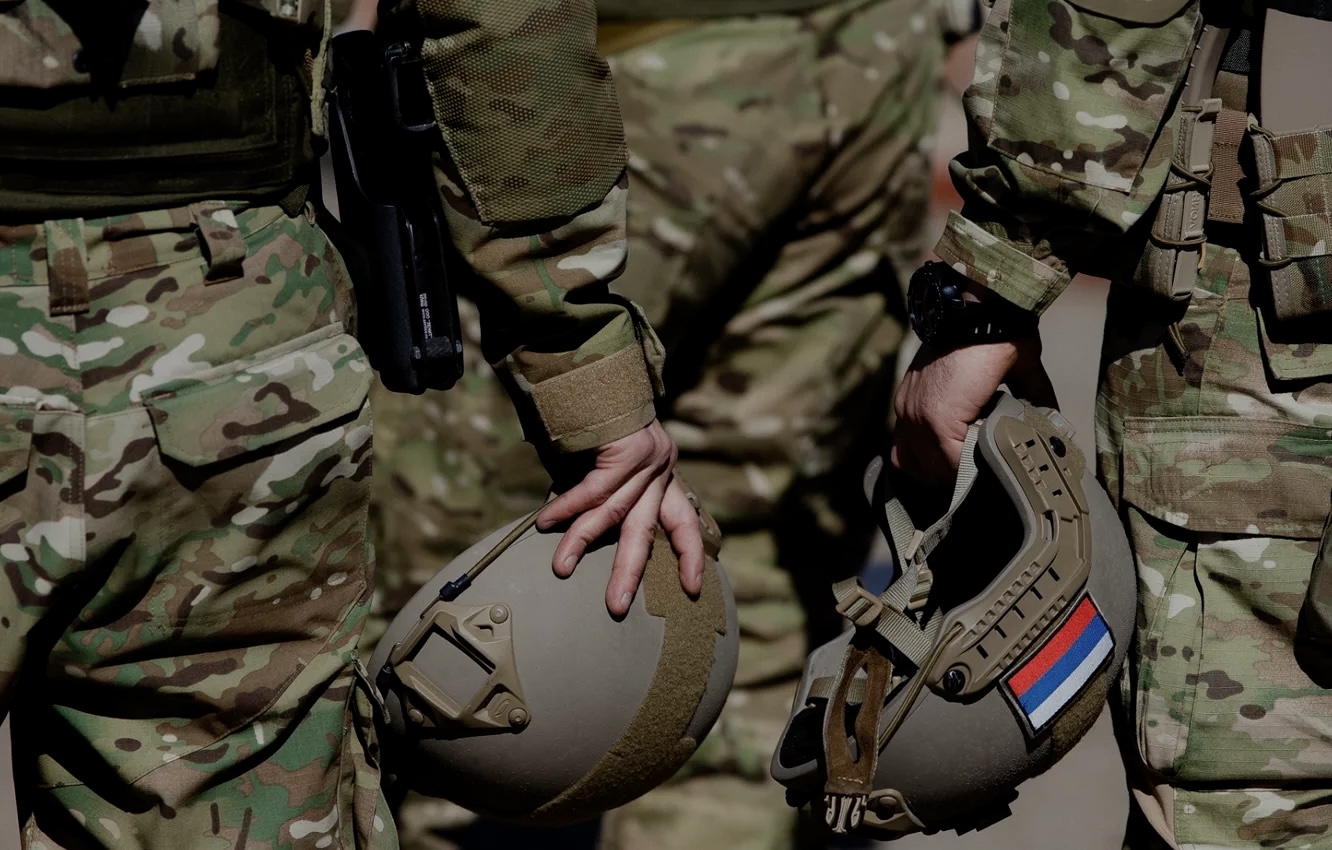

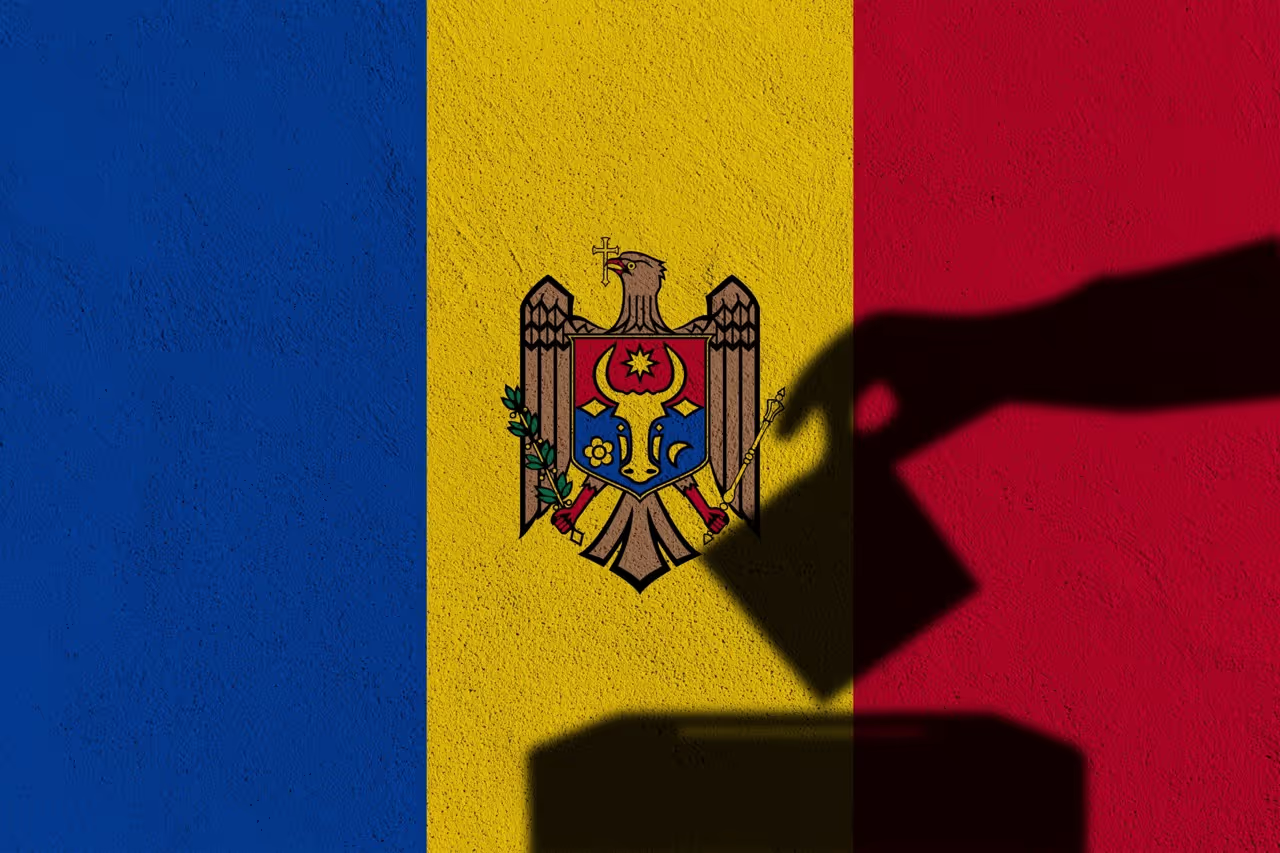
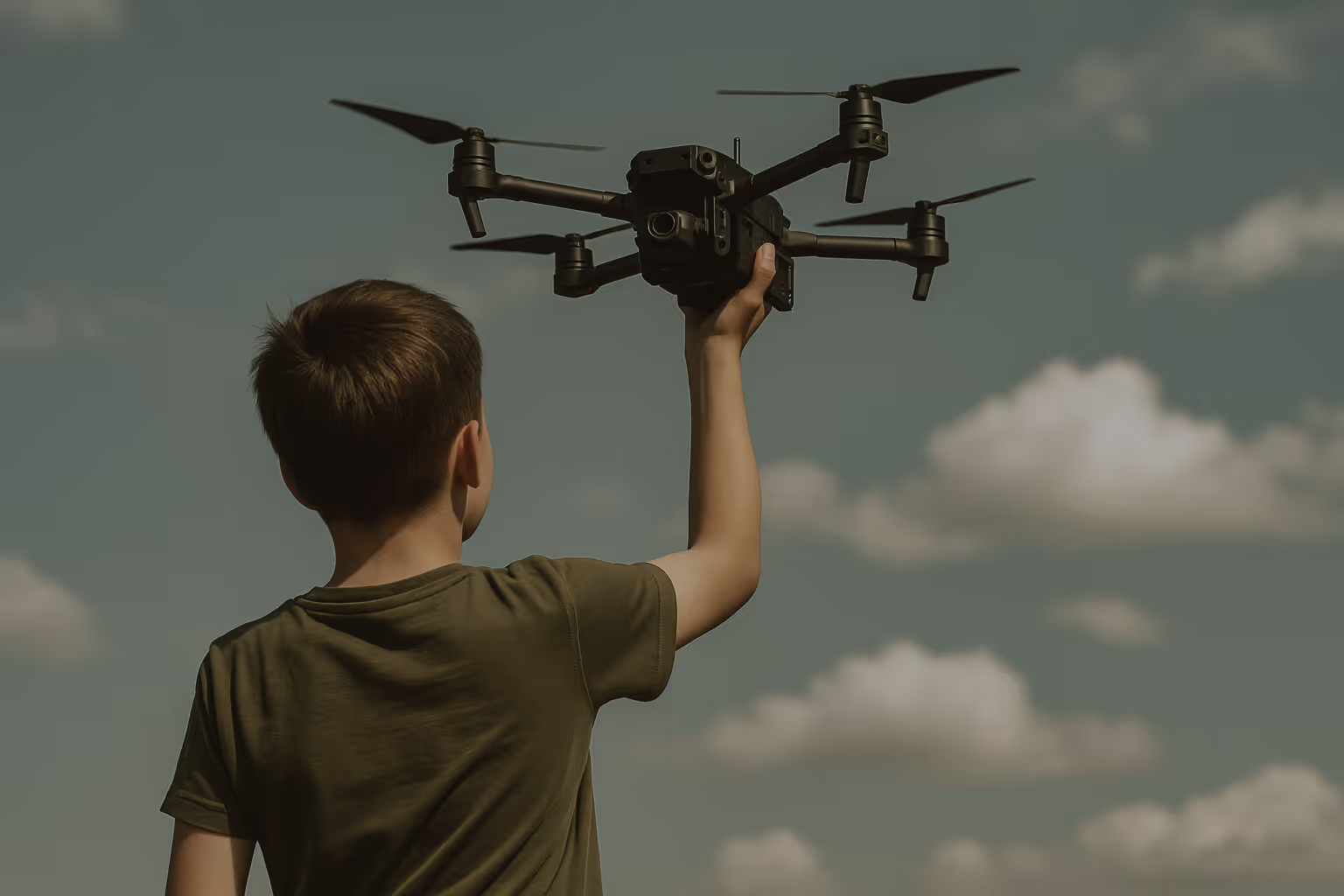
.avif)


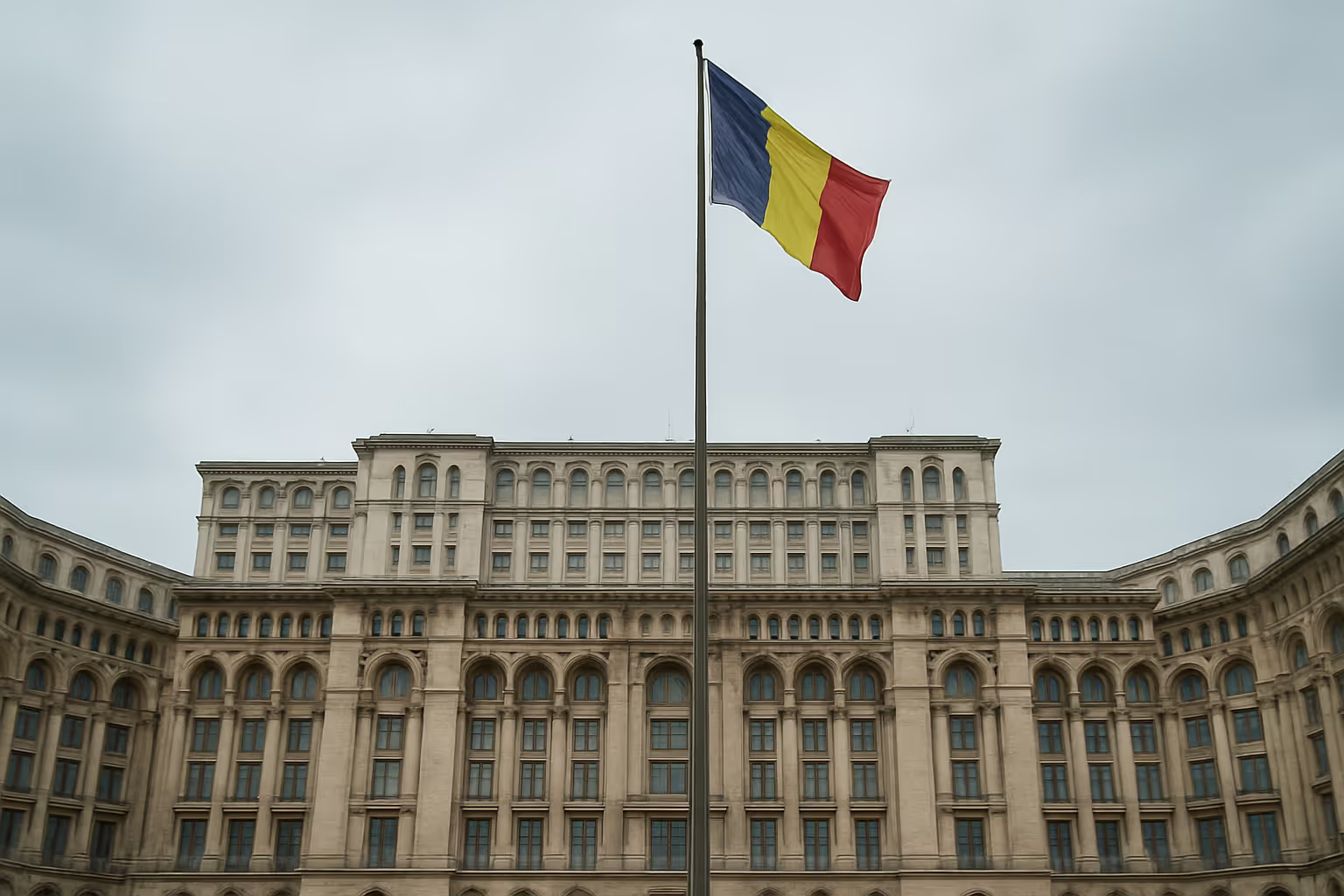
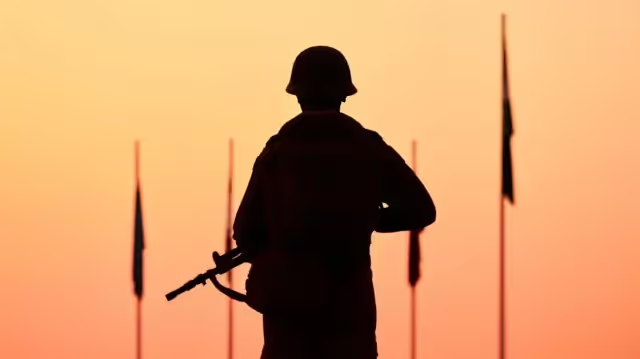
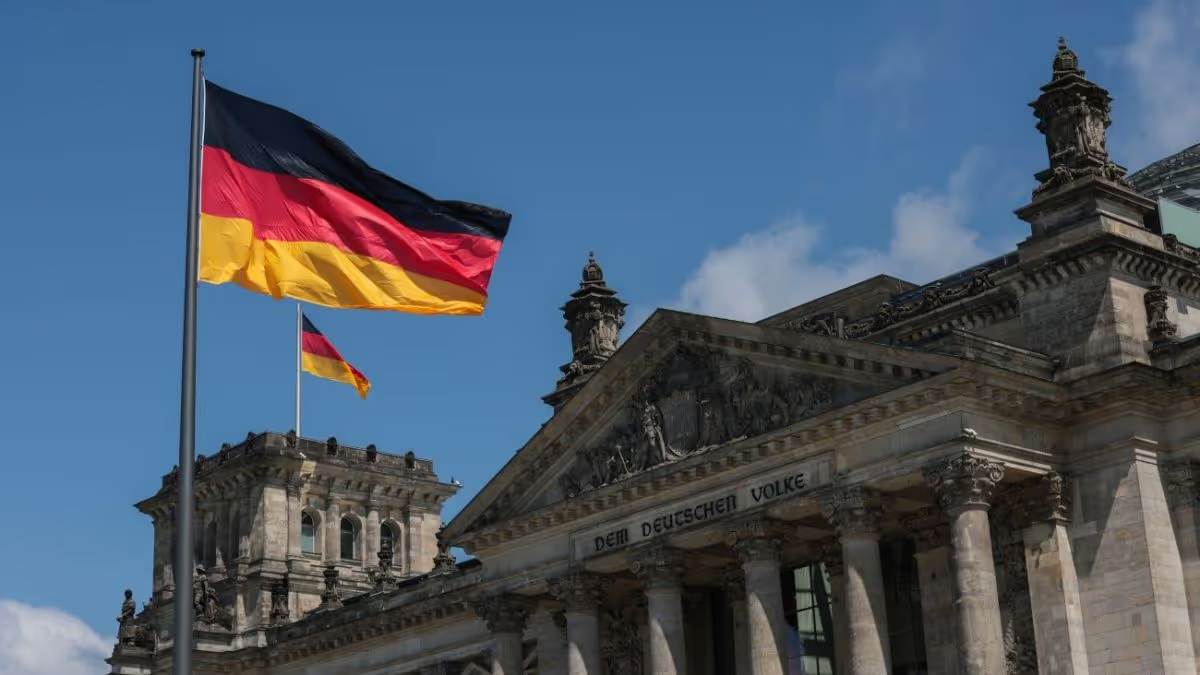
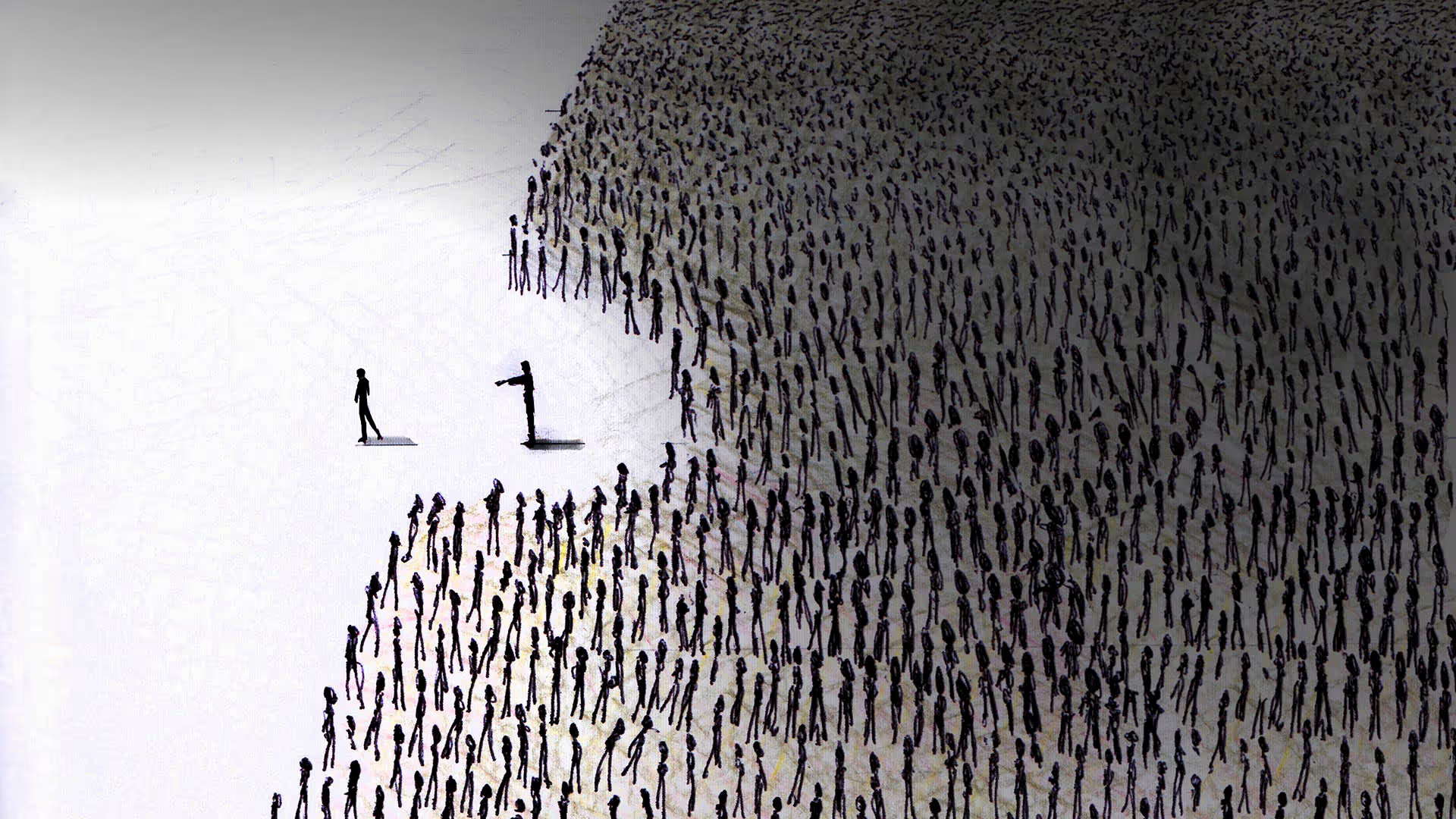
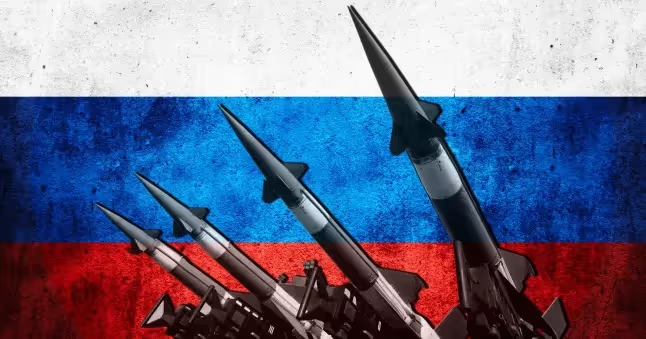
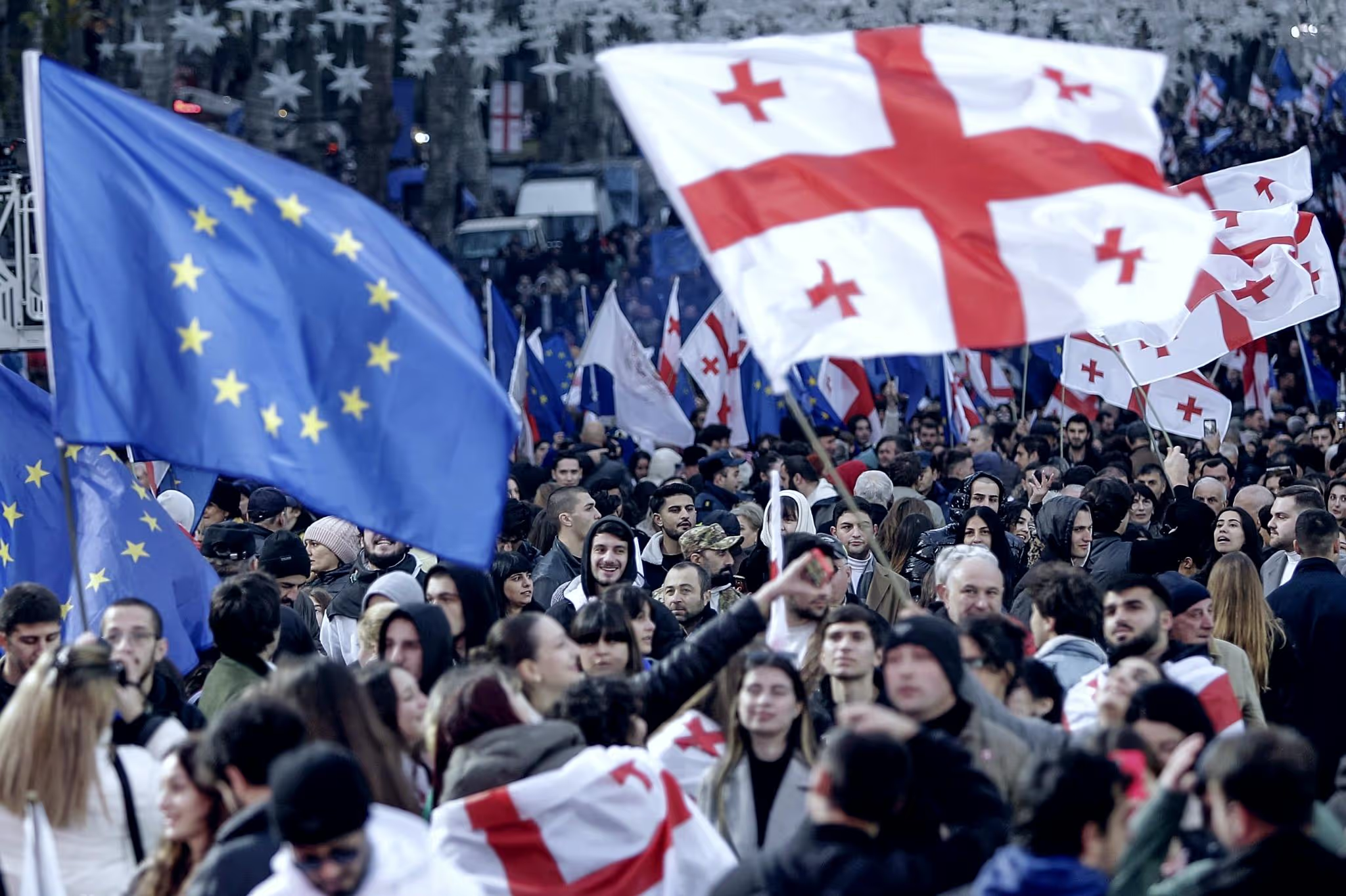






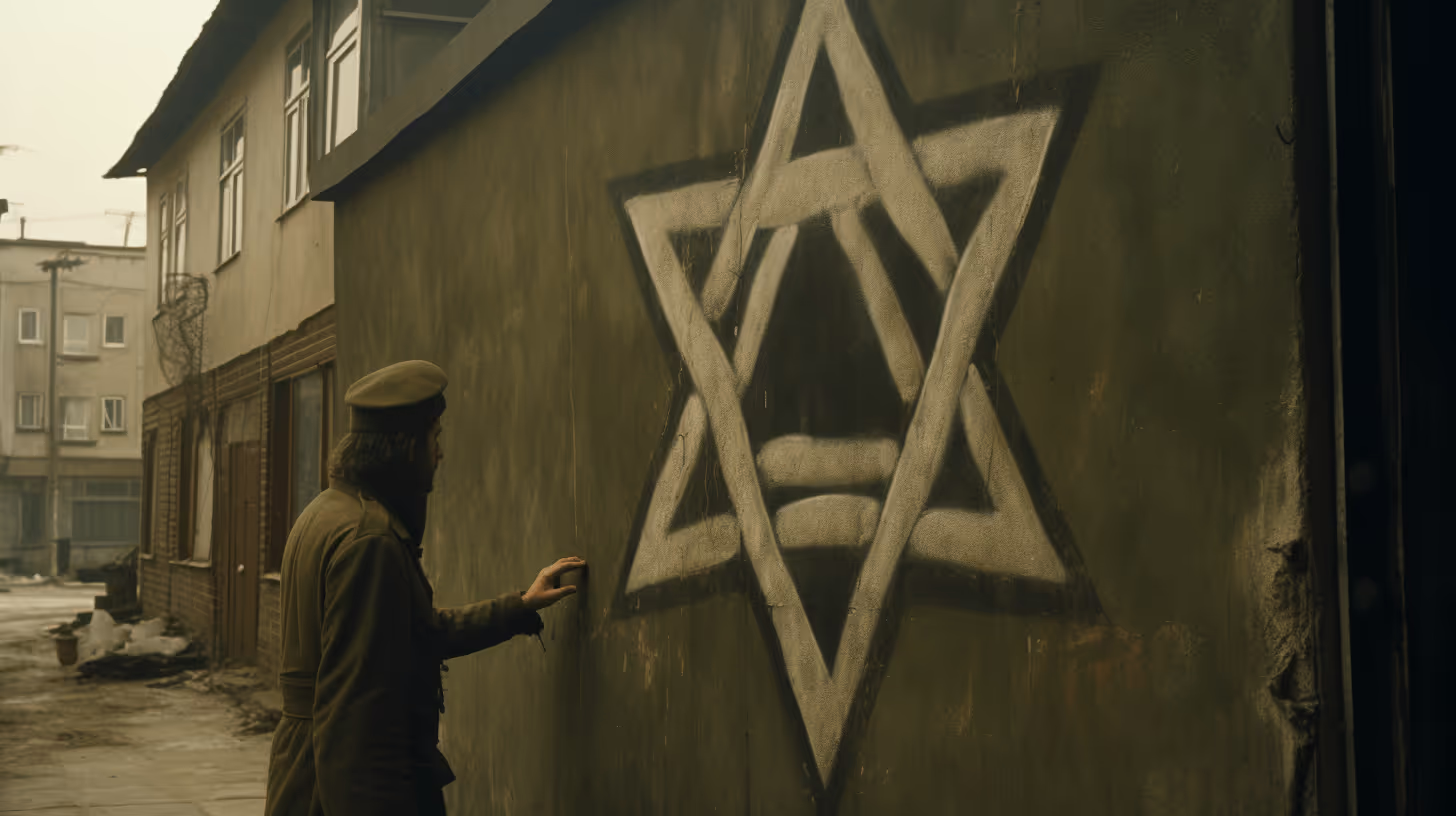
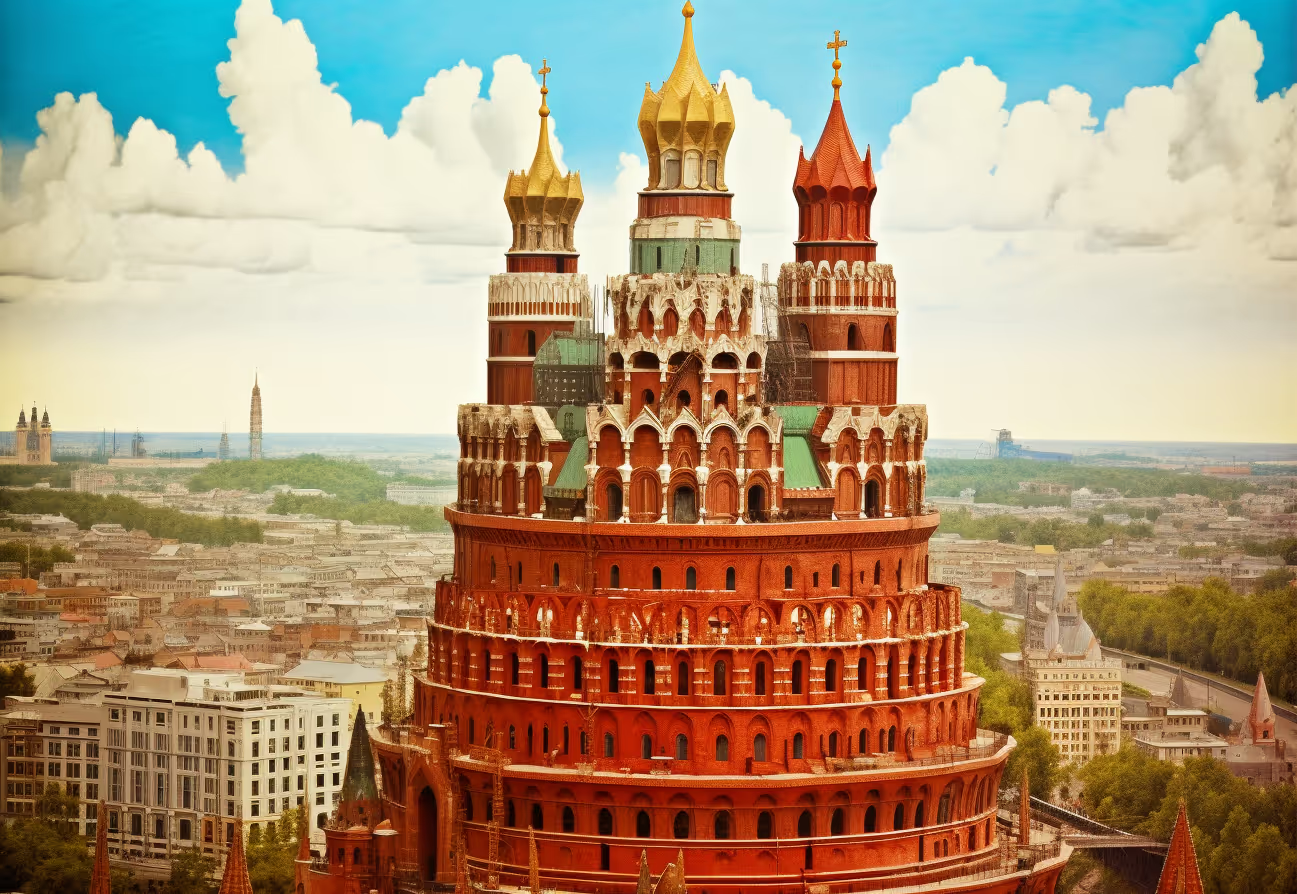
.avif)

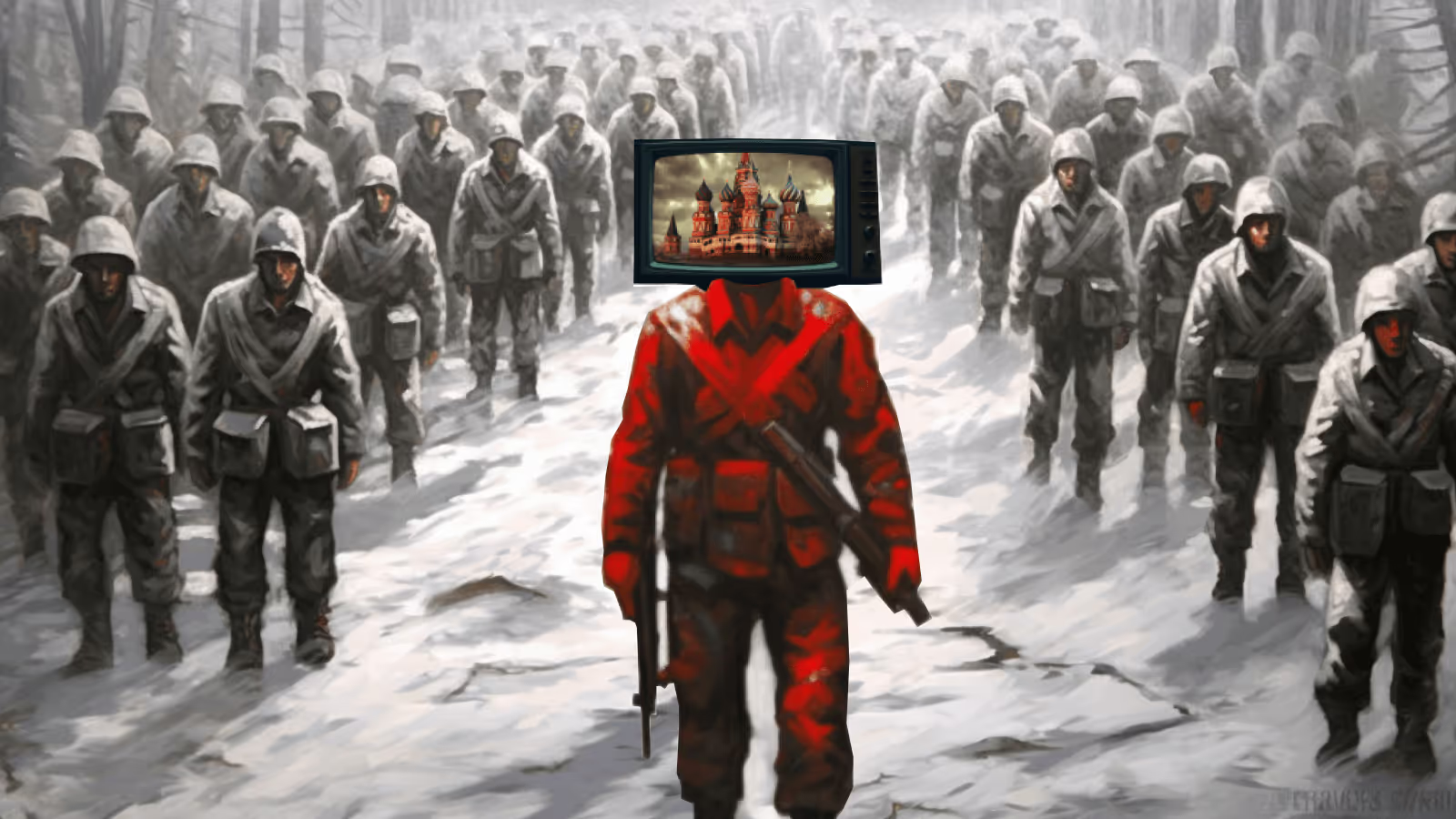
.avif)

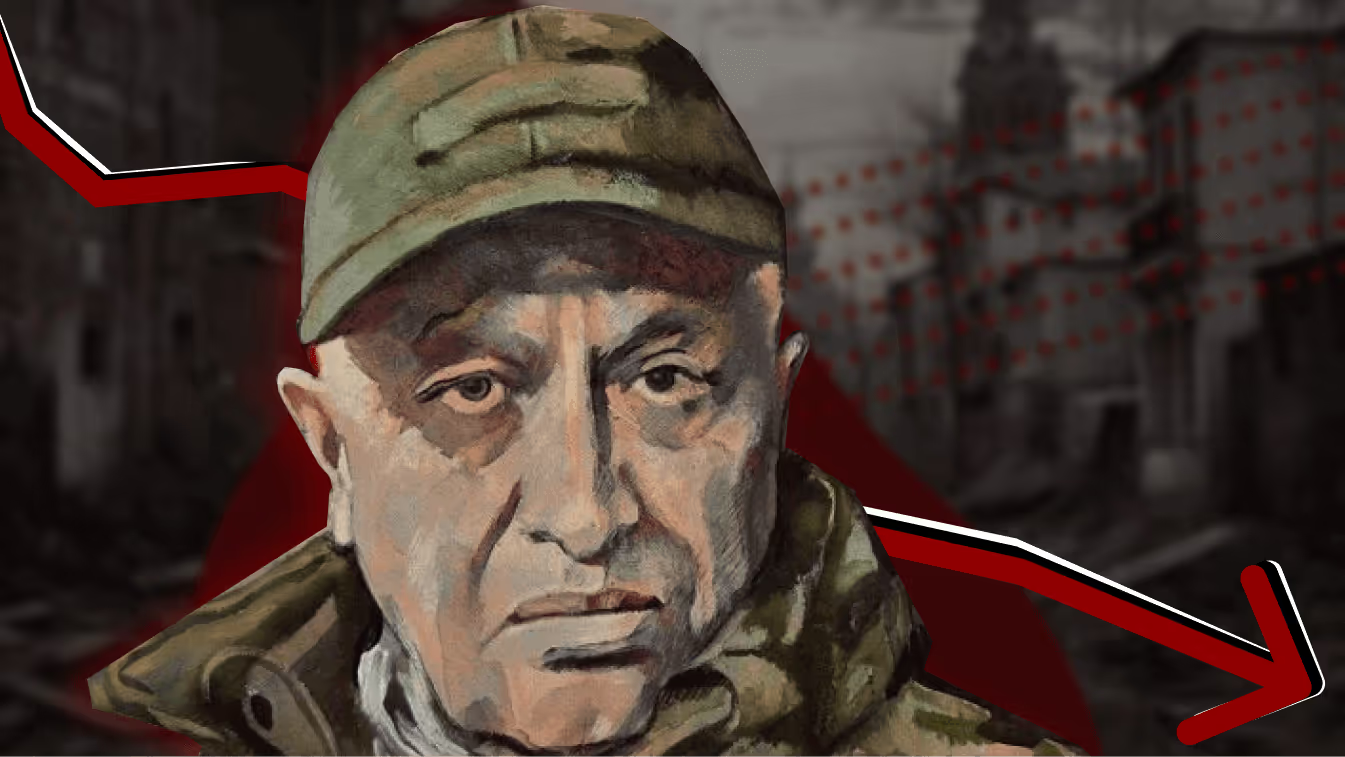
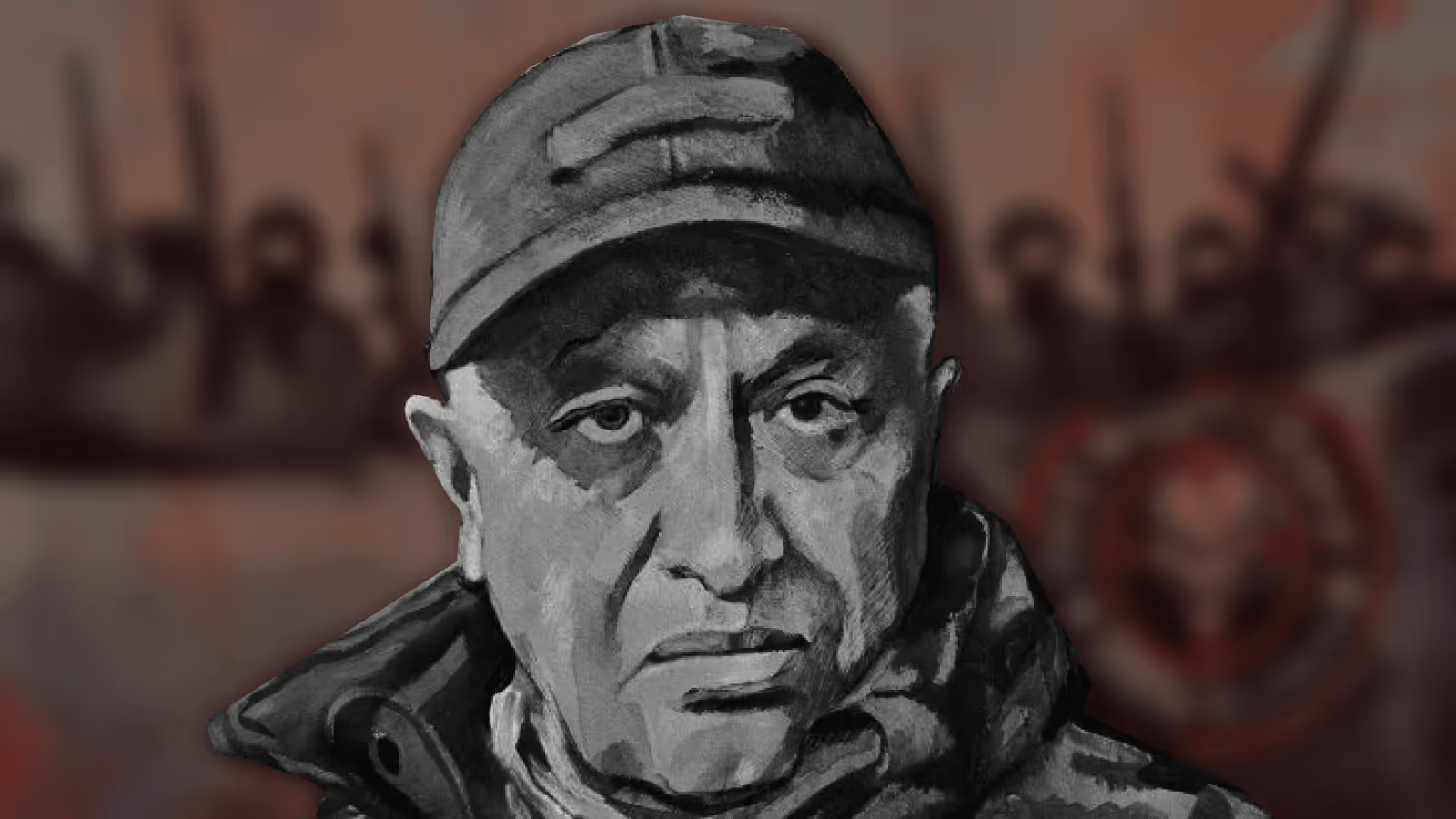
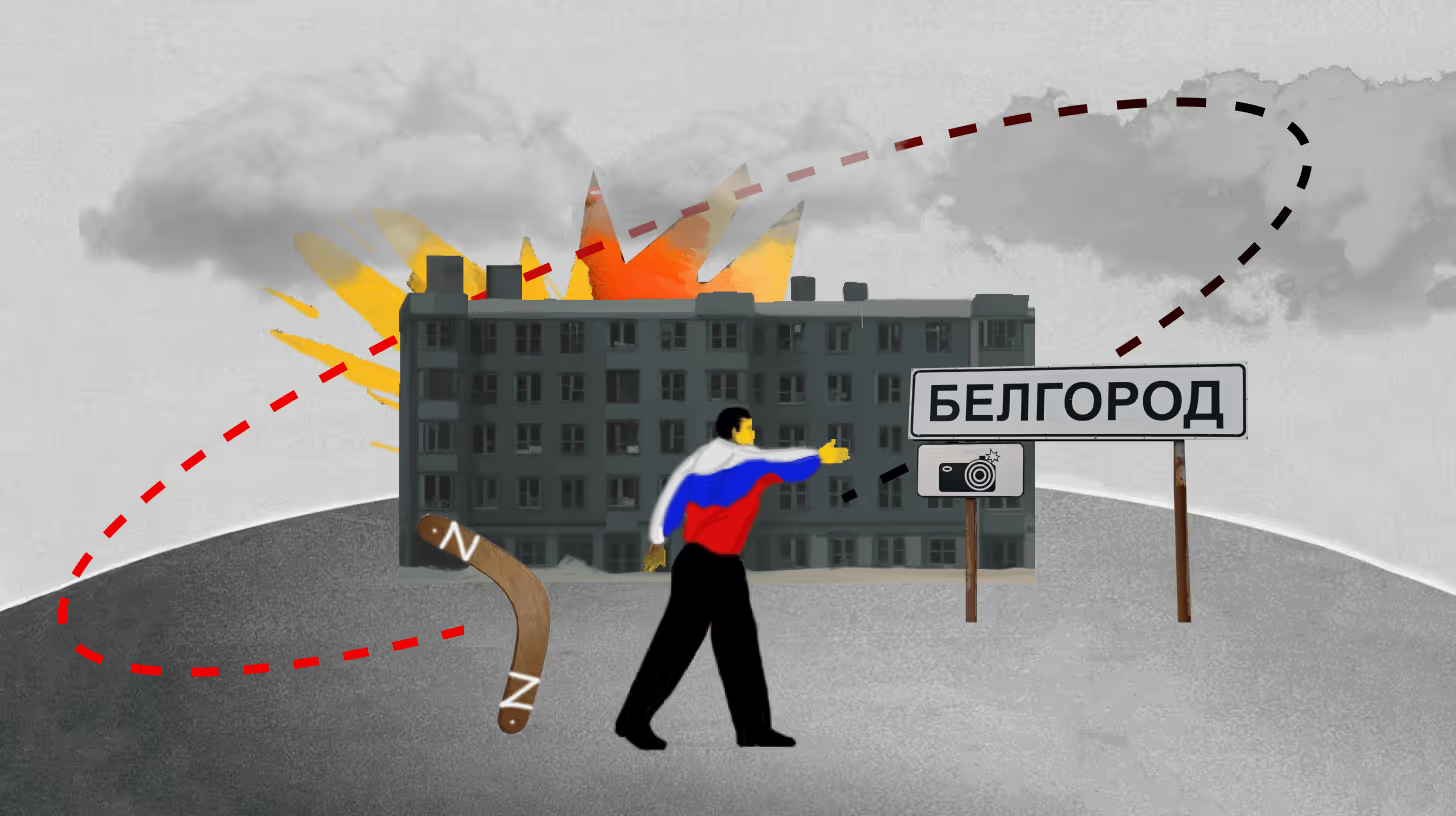
.avif)
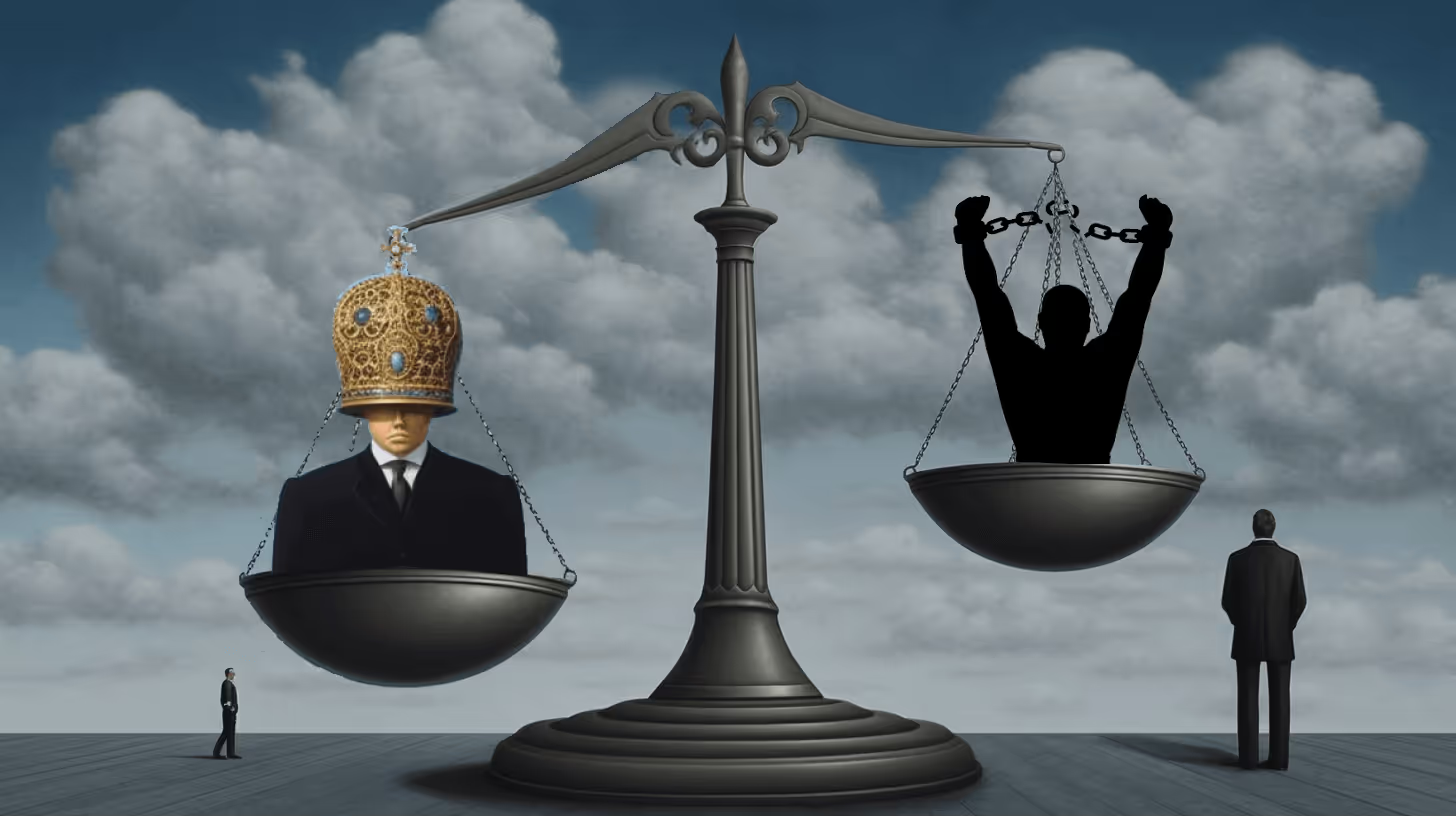
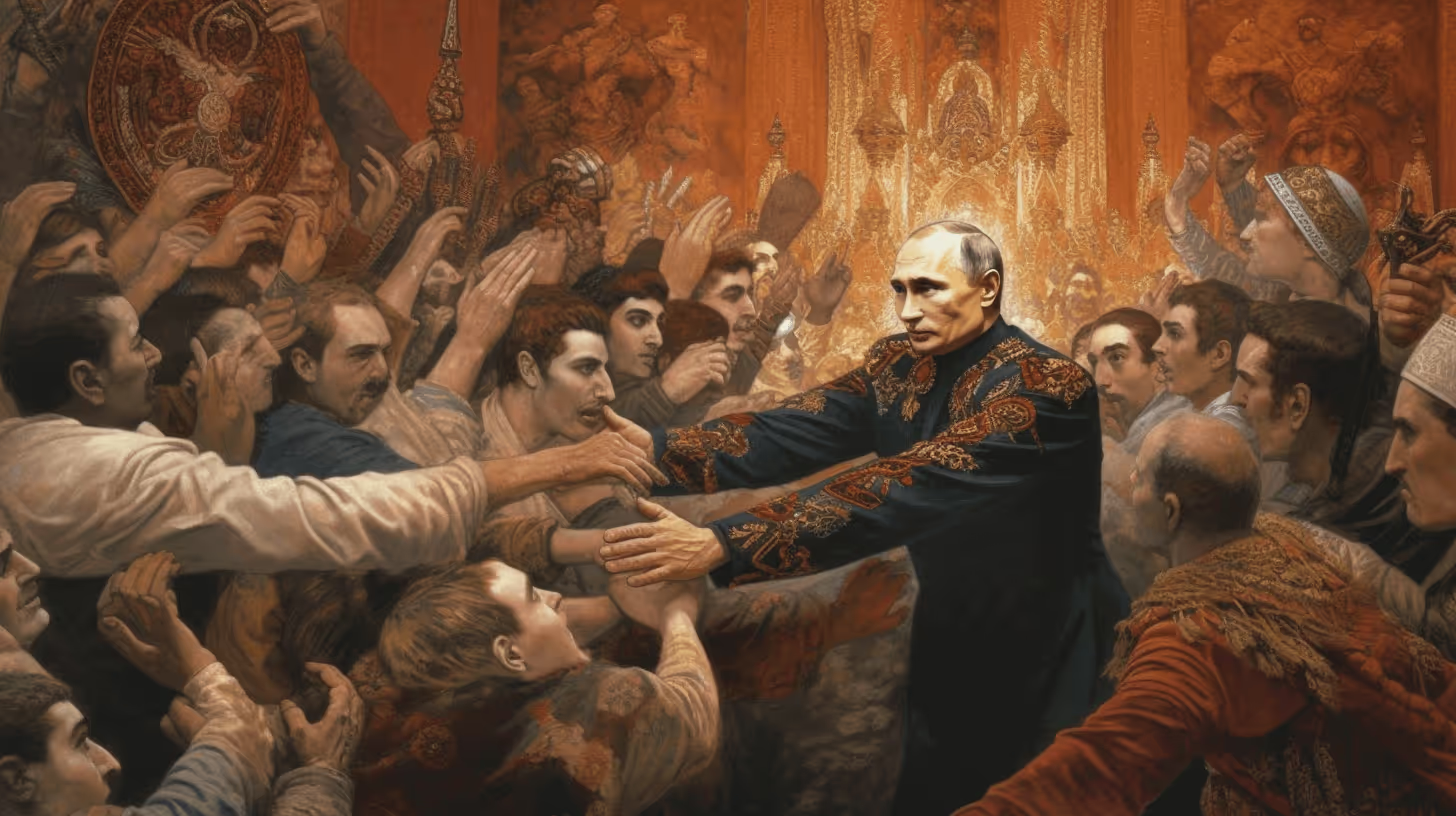
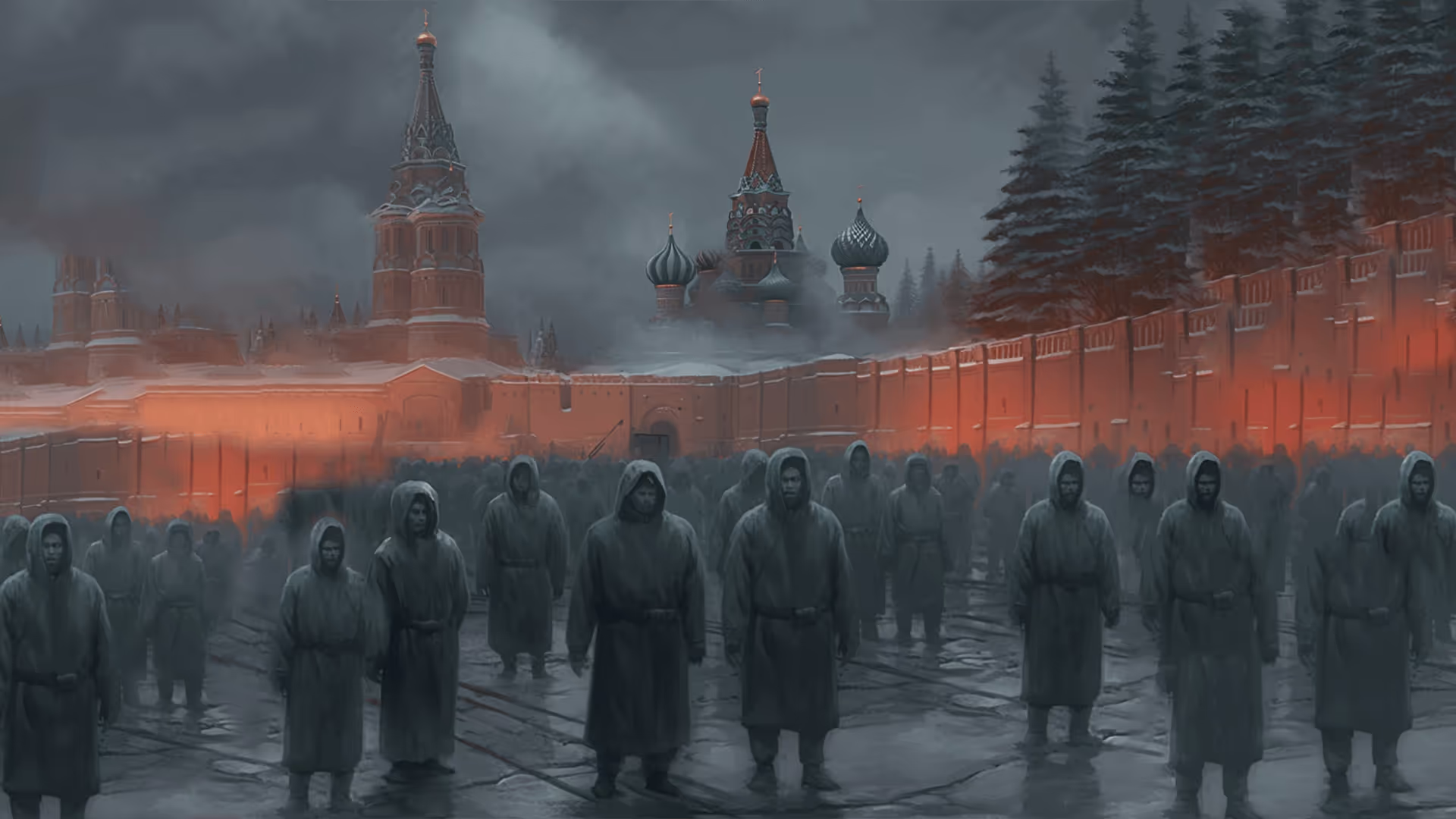

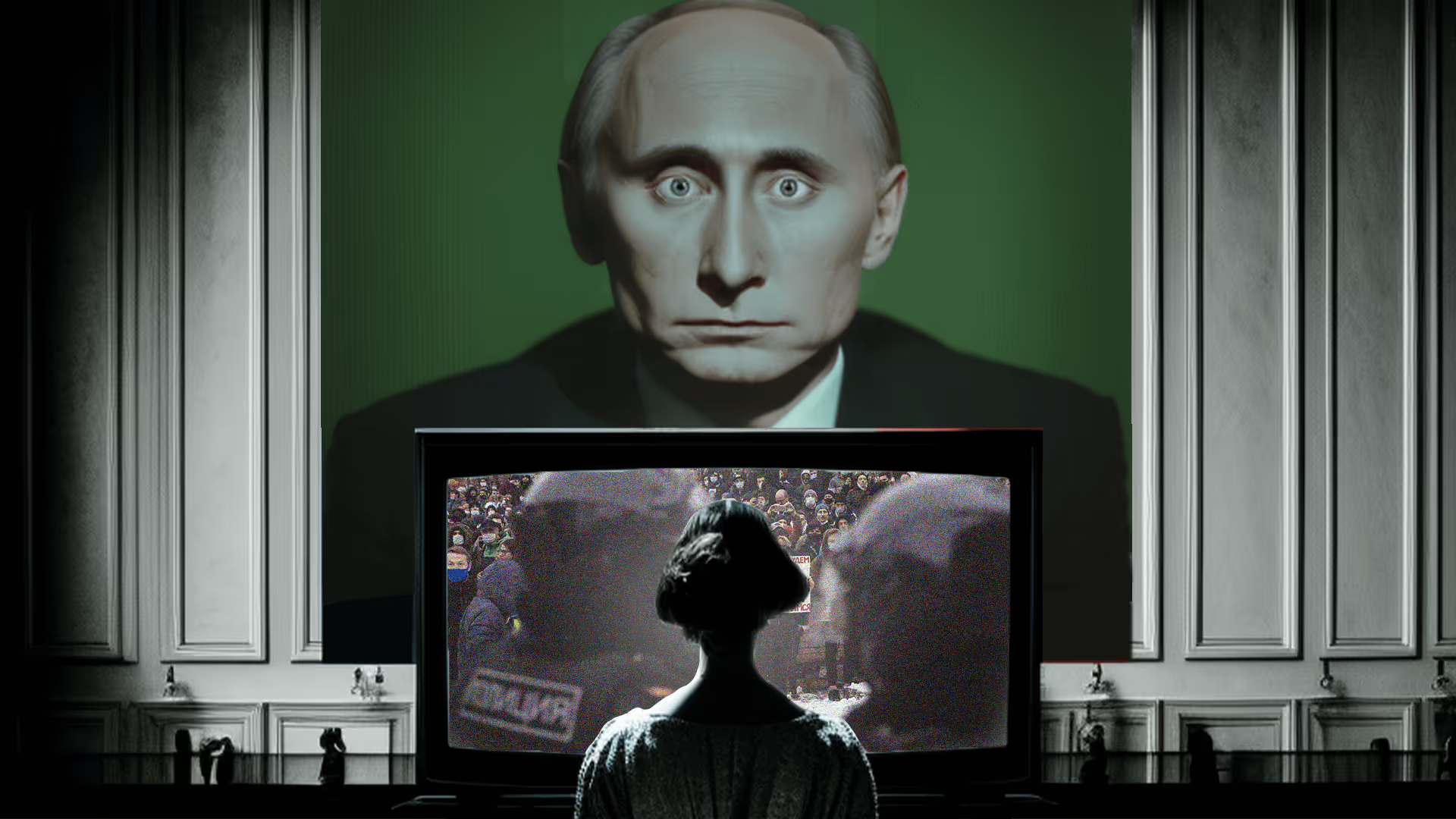


-01-2.avif)
-01.avif)
-01.avif)




-01%25202-p-500.avif)







